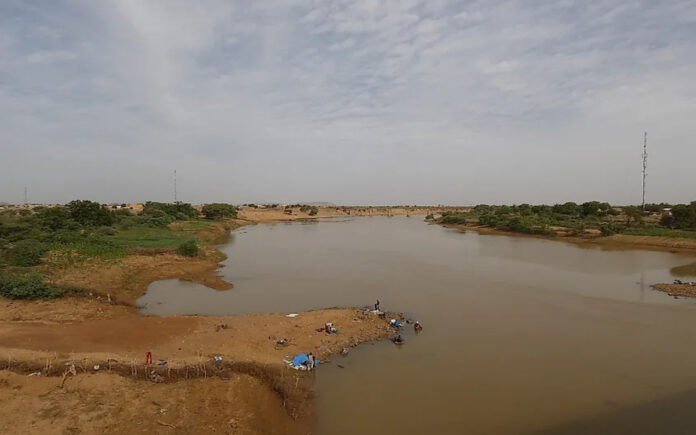Dakar: Senegal has announced a suspension of all mining activities along the southeastern Faleme River for nearly three years, in a decisive move to protect the environment and support local communities affected by a surge in artisanal gold mining. This decree, issued on Tuesday, aims to address the environmental damage and pollution that have plagued the region due to mining-related activities.
The Faleme River, which originates in the highlands of Guinea, forms part of Senegal’s border with Mali before flowing into the Senegal River. However, extensive dredging and chemical discharges from mining operations have significantly polluted the river, threatening the ecosystem and the livelihoods of those who depend on it.
According to the decree, all mining activities within 500 meters (546.81 yards) of the river’s left bank on Senegalese territory will be halted until June 30, 2027. This suspension is intended to give the river a chance to recover from the environmental degradation it has suffered.
Also Read | Starmer’s Berlin Visit Seeks to Reset British-EU Relations with New Treaty
A recent survey highlighted the severity of the issue, revealing that the number of illegal mining sites along both the Senegalese and Malian sides of the Faleme has risen sharply—from over 600 in 2021 to more than 800 in 2024, according to the Senegalese Press Agency.
Also Read | Antarctic Transformation: Scientists Debate Potential Point of No Return
Once teeming with a diverse range of fish and mammals, including hippos, the Faleme River also played a crucial role in local agriculture. However, the river is now in urgent need of restoration, as detailed in a 2024 study published in the Journal of Water Resource and Protection.



